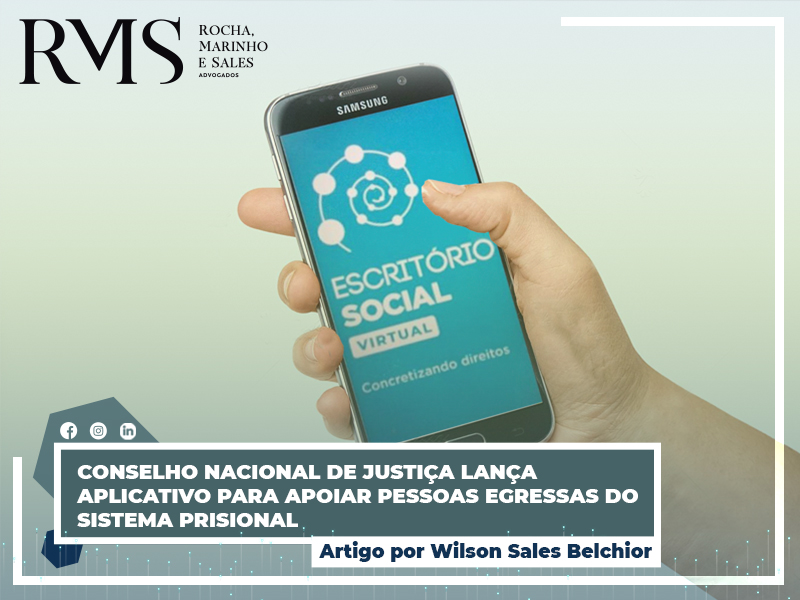Notes notaries are authorized to perform acts electronically
15/02/2021

The practice of electronic notary acts in all Brazilian Notary Public Notices is regulated by Provision nº 100/2020 of the National Council of Justice.
The practice of electronic notary acts in all Brazilian Notary Public Notices is regulated by Provision nº 100/2020 of the National Council of Justice. The procedures take place on the e-Notary platform, managed by the Colégio Notarial do Brasil – Federal Council, which also covers the Central Notarial for Digital Authentication (CENAD), a tool for digital document authentication, authenticity verification and control of acts of this nature .
Electronic notary act concerns the set of metadata and recordings of declarations of consent of the parties. They can take place through videoconference, in order to verify the free manifestation of the parties’ will regarding the notarial act drawn up electronically, as well as through an electronic document, that is, a digital file that offers proof or information about an act, fact or business.
For the electronic notary act to take place, a videoconference is essential in order to obtain the consent of the parties, whose agreement must be expressed in terms of the terms of the electronic notary act, including by digital signature by the e-Notary. In addition, it is essential to sign the Notary of Notes through a digital certificate and the use of long-term document formats with a digital signature.
It is noteworthy that among the services made available electronically are certification of copies online, execution of deeds and powers of attorney by videoconference, materialization (conversion on paper) and digitization of authentications, digital signature of notarial acts, completion of separations and extrajudicial divorces in electronic media.
The electronic writing of the deed, in the e-Notary, happens with the digital signature of the parties and the realization of a videoconference, in which the identification, demonstration of the capacity and free manifestation of the parties, object and price of the agreed deal, date and time of practice of the notarial act, indication of the book, page and notary, as well as the consent of the parties and the agreement with the public deed.
The citizen obtains access to the e-Notary from obtaining a digital certificate in the Notary Public, which will make the personal identification. The digital certificate is issued free of charge and allows the request of deeds, powers of attorney and other electronic notary acts directly to the Notary Public. Digital signatures, in turn, are carried out in the e-Notary itself, after notifications are triggered by the notary.
Wilson Sales Belchior




